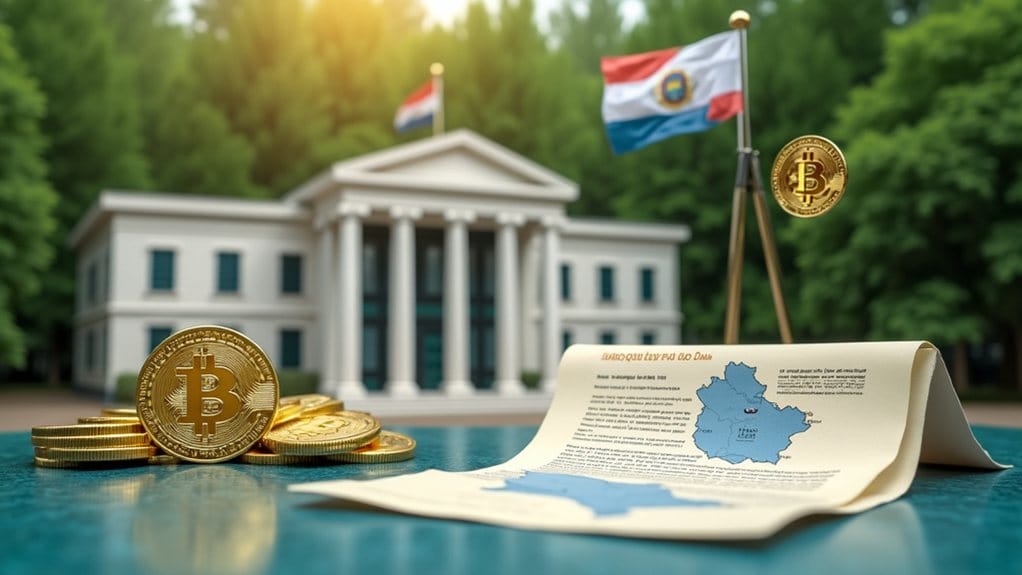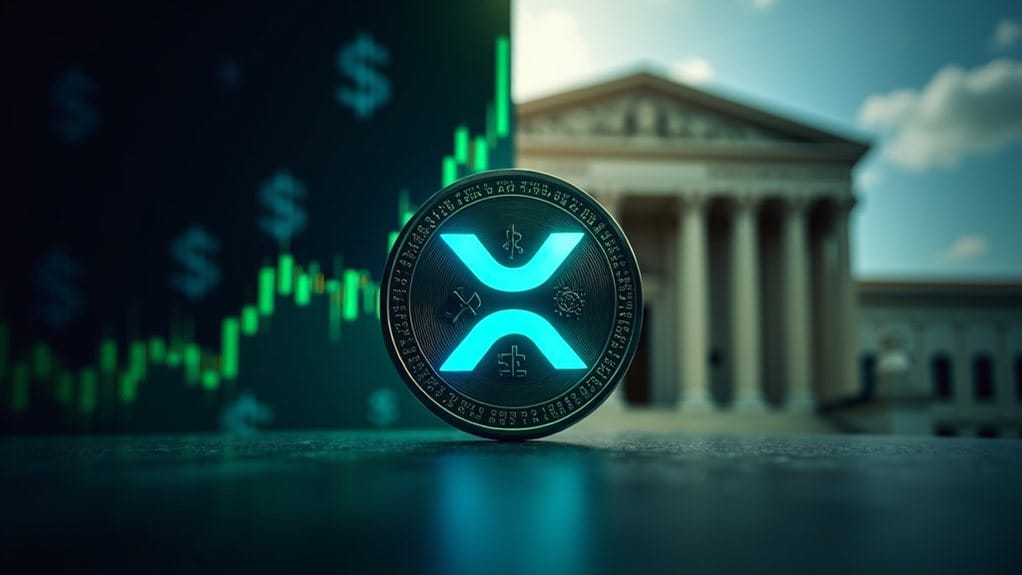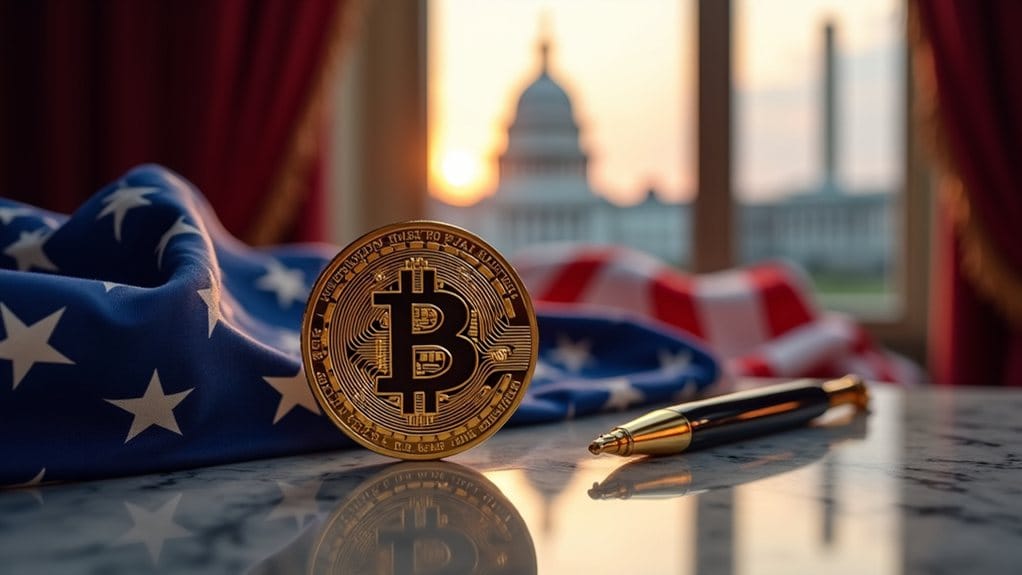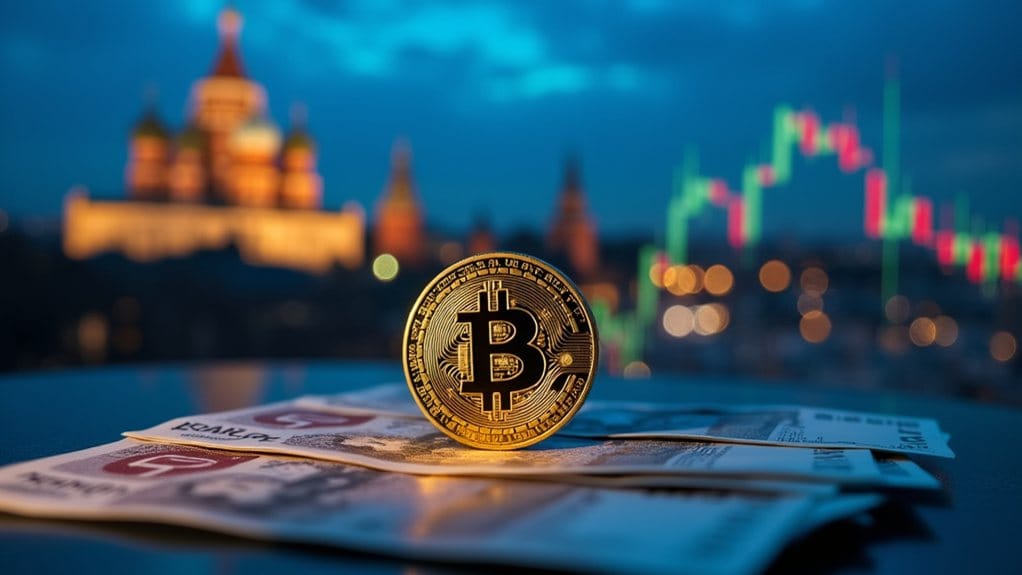While many nations continue to grapple with cryptocurrency regulations, Paraguay has made significant strides as its detailed cryptocurrency bill passes through Congress and now awaits the President’s final signature to become law. The legislation represents a thorough approach to regulating digital assets, establishing clear frameworks for registration, operation, and oversight of crypto-related businesses within the country’s borders.
The proposed regulatory structure designates the Ministry of Industry and Commerce (MIC) as the primary supervisory body for crypto-mining activities and related services, with coordination required from multiple governmental entities. Crypto-mining operations, classified as industrial activities under the new law, must register with authorities and coordinate with the National Electricity Agency (ANDE) to secure special consumer status, leveraging Paraguay’s abundant hydroelectric resources and relatively low electricity costs.
Paraguay’s approach bears similarities to El Salvador‘s groundbreaking cryptocurrency adoption, though with distinct differences in implementation strategy. The two nations recently formalized a collaboration agreement focused on sharing regulatory best practices, enhancing cross-border transaction capabilities, and promoting blockchain-based financial inclusion initiatives. This partnership could position both countries at the forefront of Latin American crypto innovation, potentially creating a regional hub for blockchain technology development. Unlike El Salvador, Paraguay has not yet taken the bold step to make Bitcoin legal tender status.
Paraguay and El Salvador are pioneering Latin America’s crypto future through regulatory collaboration and shared blockchain innovation initiatives.
The regulatory framework carefully delineates crypto-assets from traditional securities, establishing specific oversight responsibilities for the National Securities Commission (CNV), while simultaneously integrating anti-money laundering provisions that bring virtual asset service providers under existing financial crime prevention structures. The bill ensures that businesses engaging in crypto activities must register with authorities before offering any services to the public. Unlike DeFi’s continuous operation, Paraguay’s regulatory framework acknowledges that CeFi platforms will operate with specific market hours, similar to traditional financial institutions.
SEPRELAD, Paraguay’s financial intelligence unit, will monitor crypto-asset transactions to guarantee compliance with international standards.
Paraguay’s strategic positioning, with abundant renewable energy resources and a forward-looking regulatory approach, creates favorable conditions for sustainable crypto-mining operations. The country’s proactive stance on cryptocurrency regulation, combined with its collaboration with El Salvador, signals Latin America’s growing importance in the global digital asset ecosystem.
As the bill awaits final presidential approval, Paraguay stands poised to join the ranks of nations establishing clear legal frameworks for the burgeoning cryptocurrency industry.









